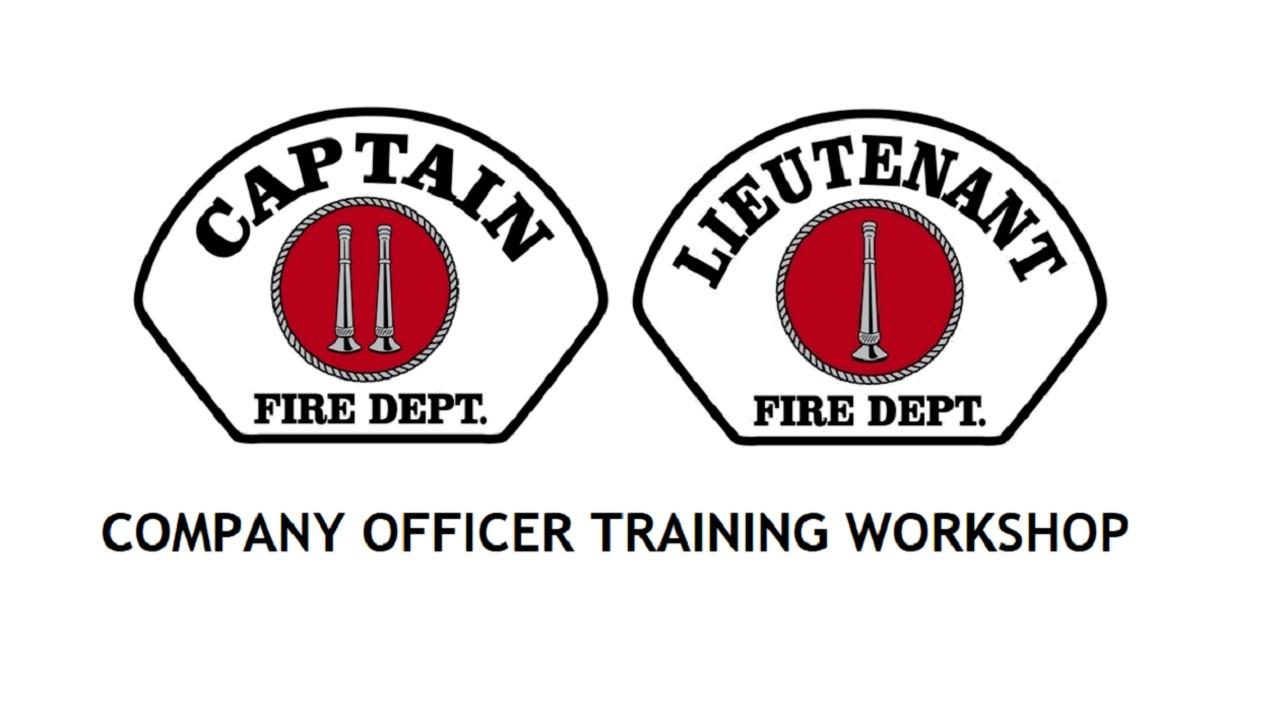The Power of Empowerment

By Dean Guccione - March 18, 2019
As I moved up the ladder within the Beverly Hills Fire Department, one of the leadership principles that I employed, almost on a daily basis, was the principle of empowerment.
As a company officer, and as a chief officer, I quickly learned that the more we empower those we lead, the better the results will be and the more buy-in we’ll have from the line personnel. And that, plain and simple, builds trust between the line and management.
The fire service is made up of immensely talented people. One of the key strengths firefighters possess is the ability to figure things out and the ability to solve complex problems.
You give a firefighter a problem or assignment or task, and let them have free rein to figure it out and solve, you’ll see results that you only could have imagined.
This takes critical thought and analysis of the information presented, whether whole or incomplete, and then making a series of decisions that will affect the outcome of either a task, assignment or project.
As a whole, firefighters do this extremely well.
Give Them the “What” and Not the “How”
One of the blind spots we sometimes don’t see, as leaders, is forgetting about the talent that our people possess, which can result in us being a micromanager.
In other words, micromanaging is telling subordinates “how” to do something, as opposed to "what" to do and letting them figure out the "how."
We should instead be only giving them the result we are seeking and the time frame in which we need the assignment completed, as well as providing the resources needed to complete the job. Included in the results you need, can either be expectations or a standard to achieve.
This principle can be applied in emergency or non-emergency situations as well. Empowering our talented people to figure out the “how” should rest on them. If you need to be involved in the “how,” then you don’t need those who are working for you. And they will feel that.
However, that doesn’t mean you aren’t available for advice or guidance. You’ll also need progress reports, especially if the assignment or project is complex. When you allow the talent to run with a project or assignment, you will gain buy-in and ownership from those assigned to the job, and when you have buy-in, you will have support from them for the overall goal you’re trying to accomplish, as a leader.
Earning Trust is the Side Benefit
When you empower the people you supervise to make decisions, as to how an assignment or task will be completed, trust inevitably builds both ways.
As we let go of telling others the “how,” we gain trust in them to complete the job with the expected results and in the time frame we need the job completed.
Above that, you will be highly impressed with the results and quality of work produced, when talented people are free to be creative and really show you what they can do. I’ve been blown away many times by the untapped talents of the firefighters I’ve supervised.
Plus, I can’t tell you how freeing it is to delegate work items and only having to monitor their progress and give guidance/advice when needed.
When you’re not in the weeds micromanaging all the little issues and problems of an assignment or project, that frees you up to actually do the job you’re being paid to do.
With all of that said, I believe that the most important benefit to empowering others is that YOU earn the trust of those you supervise. I cannot overstate this enough.
The biggest issue the fire service faces internally is trust between supervisors and management and the line personnel and management.
This is mainly due to trust issues.
Our goal is to work together, as a team, to help those we serve. A strong team has trust among its members, both up and down the chain of command.
That means everyone setting the example and doing the right thing. Trust can be destroyed in an instant when a company officer or chief officer reprimands you for your conduct, and then in the next action does exactly what you were reprimanded for five minutes earlier.
Final Thoughts
We all know that the fire service employs talented people to figure things out and to solve complex problems and that talent is distributed among all ranks, where everyone has their own strengths and weaknesses.
As a company officer candidate, I want you to think about how you will delegate tasks, assignments and projects in your new position.
Are you going to empower those you lead in completing tasks and assignments without you telling them every five minutes how to do what you assigned them, or will you give them an assignment, and let them run with it; figure it out and solve its problems giving you high quality results in the time frame that you need?
I’m confident that you’ll choose the latter, because we have all worked for those who don’t empower us, but continually tell us what to do and how to do it.
So, be the leader of empowerment and you’ll not only benefit by lightening your workload, but you will earn the trust of those you supervise that is needed to be an effective company officer.
When you’re consistent in your character and conduct, while consistently honing strong leadership skills, you will be the one others will want to emulate. That’s your goal.
Be safe out there!



